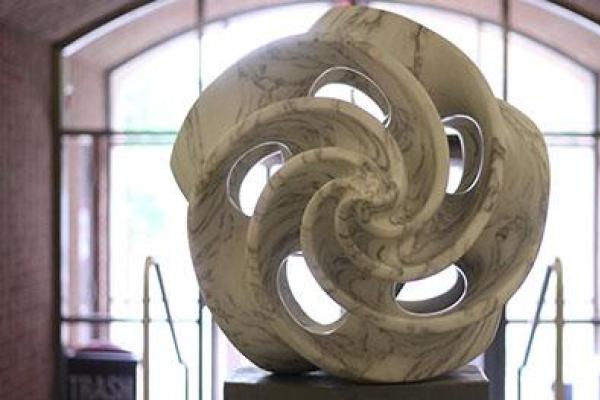
Speaker: William Slofstra (University of Waterloo)
Title: The membership problem for quantum correlation sets
Abstract: According to the rules of quantum mechanics, independent measurements in separated locations can have correlated outcomes. This phenomenon is called entanglement. The existence of entanglement has been experimentally demonstrated many times over, and these experiments are one of the reasons for the current interest in the development of quantum technologies. However, on the mathematical side, it has been a long-standing problem to characterize the set of joint correlations that can arise from entangled systems. In the last few years, we've realized that the difficulty of describing the set of quantum correlations can be explained by the fact that the membership problem for this set is undecidable. Last year, Ji, Natarajan, Vidick, Wright, and Yuen showed that even the approximate membership problem for this set is undecidable, leading to the resolution of the well-known Connes embedding problem in operator algebras. In this talk, I'll give an overview of developments in this area, as well as some new results with Honghao Fu and Carl Miller showing that the membership problem for quantum correlation sets is undecidable with a constant number of measurement settings and outcomes. This puts even stronger restrictions on possible descriptions of correlation sets.
URL associated with Seminar
https://web.math.osu.edu/colloquium/
